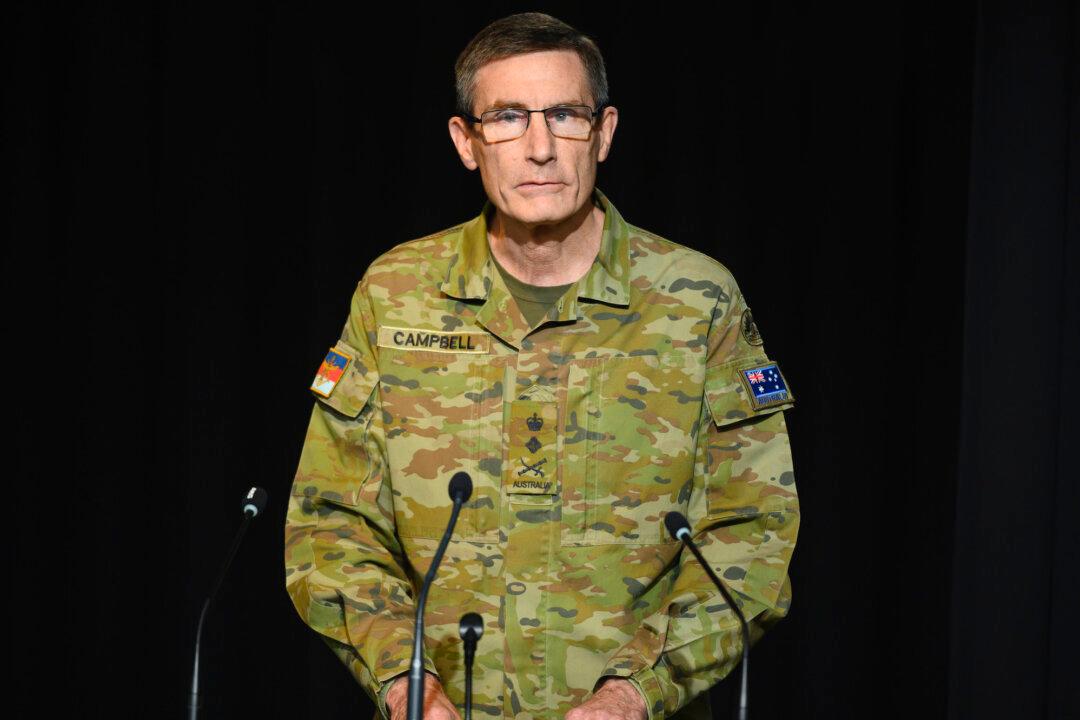The Chief of the Australian Army, Lieutenant General Rick Burr, has removed one squadron from the Special Air Service (SAS) regiment to send a clear message that criminal behaviour will not be tolerated in Australia’s elite special forces.
The move follows the handing down of the findings from the Inspector-General of the Australian Defence Force (IGADF) Afghanistan Inquiry which alleges that SAS soldiers unlawfully killed unarmed Afghan civilians.




